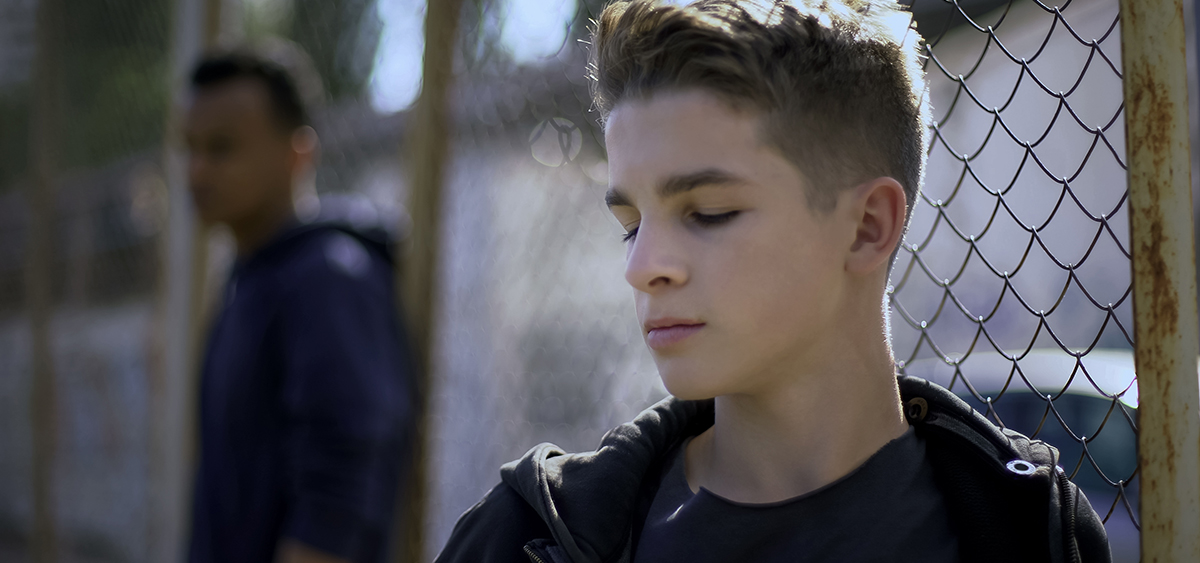People under 18 who are found guilty of crimes usually get special punishments that are lighter than what adults would get for the same crimes. Judges take into account the teenager’s situation when deciding on a punishment.

1. Reprimand
A reprimand is a very strong warning given by a judge.
2. Absolute or Conditional Discharge
Teenagers can be given an absolute discharge. The result is the same as if the teen had been found not guilty.
Teenagers might also get a conditional discharge. This means the judge has ordered the teen to obey some conditions. For example, a teenager could be ordered to write a letter of apology to the victim or do volunteer work.
It’s a crime to disobey the punishment a judge ordered.
3. Fine up to $1,000
A fine is an amount of money that a teenager has to pay to the community, not to the victim. The money is usually given to a community organization. The fine cannot be more than $1,000.
4. Repair the Harm Suffered by the Victim
A judge can order teenagers to repair the harm they caused the victim. Here are some examples:
- Pay an amount of money to the victim.
- Return stolen property.
- Compensate the victim by working for her (up to 240 hours over a 12-month period).
5. Do Volunteer Work
A judge can order teens to do volunteer work in the community to make up for what they’ve done (up to 240 hours over a 12-month period).
6. Probation: Conditions to Obey
Being on probation is one of the most common sentences. It means that the teenager is not in custody and continues to live at home. But the teen must obey the conditions ordered by the judge.
These two conditions apply automatically:
- The teen must be on good behaviour and obey the law.
- The teen must go to court when ordered to.
A judge can set other conditions. For example, the teen might have to stay away from some people, be home before dark, go to school, or find and keep a job.
7. Hardest Sentence: Custody and Supervision
People under 18 are never sent to an adult prison. Instead, they are sent to rehabilitation centres run by some youth centres. Teenagers can usually live outside the rehabilitation centre for part of the sentence under conditions set by a judge.
In some cases, teenagers age 14 to 17 get punishments that are as strict as what adults would get for the same crime. But these cases are rare.
|
Will the teenager have a record? Yes, the teen will have a record no matter what punishment is given. The information in a teen’s record can be seen only for a limited length of time. The length of time depends on the particular case. |





